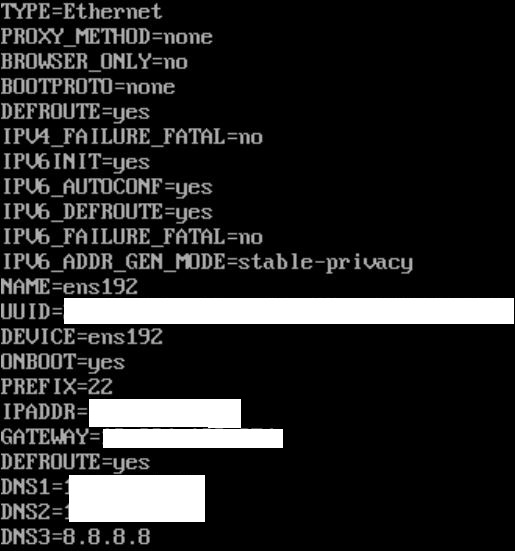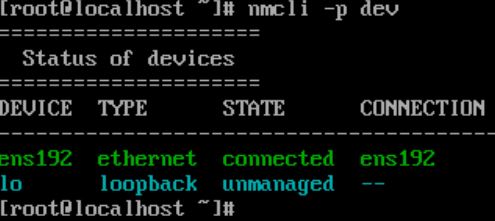Ubuntu Systems
-
/etc/resolv.conf specifies the nameservers for resolver lookups. The order of lookup is sequential and accordance to DNS protocol. Local and global DNS entries are added here. Please be advised that these settings could be overwritten by system updates and even reboots. Hence, issues with DNS can mostly be resolved with cmdlet: “
sudo dpkg-reconfigure resolvconf“. If this file must be edited, a way of inserting persistent DNS records onto resolv.conf is-
vim /etc/resolvconf/resolv.conf.d/head >> insert a record such as: nameserver [LOCAL_DNS_IP] >> save file: wq + enter >> Regenerate resolv.config with: sudo resolvconf -u
-
-
/etc/hosts file is typically used for only administrative purposes and internal network functions of limited scope. Singular entries associating names with IPs are sometimes added here.
-
/etc/nsswitch.conf specifies the lookup order, to be used in conjunction with the hosts entry.
-
/etc/network/interfaces is the manual IP Address configuration method (typically for servers). Here is a sample of an edit of this file:
-
iface eth0 inet staticaddress 192.168.30.Xnetmask 255.255.255.0gateway 192.168.30.1dns-search kimconnect.comdns-nameservers 192.168.20.1 192.168.10.1
-
Redhat / CentOS Systems
List all network interfaces:ls /etc/sysconfig/network-scripts/![]()
Edit ifcfg-ens192vi /etc/sysconfig/network-scripts/ifcfg-ens192
Example of a config:
BOOTPROTO=none #meaning static, not DHCP
ONBOOT=yes #load this interface on boot
PREFIX=24 #network mask
IPADDR=192.168.1.25
GATEWAY=192.168.1.254
DEFROUTE=yes #set this as default route
# DNS SERVERS #
DNS1=192.168.1.254
DNS2=192.168.2.254
DNS3=8.8.8.8
Edit hostname:vi /etc/sysconfig/network
Location of Hosts file (please note that enterprise systems should not have manual entries here):vi /etc/hosts
View statuses of interfacesnmcli -p dev
Restart network services:service network restart
ORsystemctl restart network
Ping:ping -c 1 {Gateway_IP}
Kernel command-line method:
#Set IP address, gateway, and hostnameip<client-IP-number>:[<server-id>]:<gateway-IP-number>:<netmask>:<client-hostname>:<interface>:{dhcp|dhcp6|auto6|on|any|none|off}
Example:ip=192.168.180.120:192.168.180.100:192.168.180.1:255.255.255.0::eth0:off
IP addressing command:ip addr [add|del] {IP_address} dev ifcfg-{?}default via {gateway_IP} dev ifcfg-{?}
Example:ip address add 192.168.1.3/24 dev ifcfg-ens192default via 192.168.1.1 dev ifcfg-ens192ip addr show dev ifcfg-ens192
